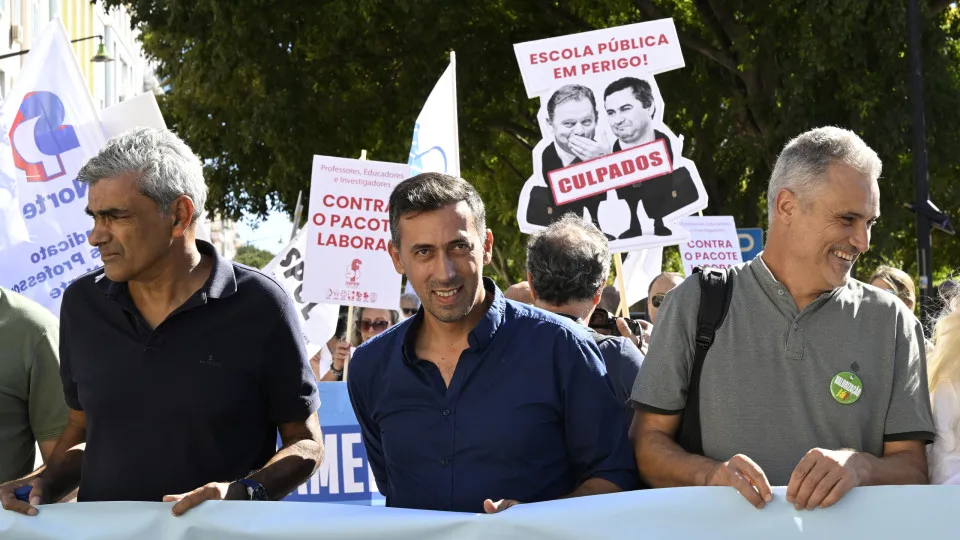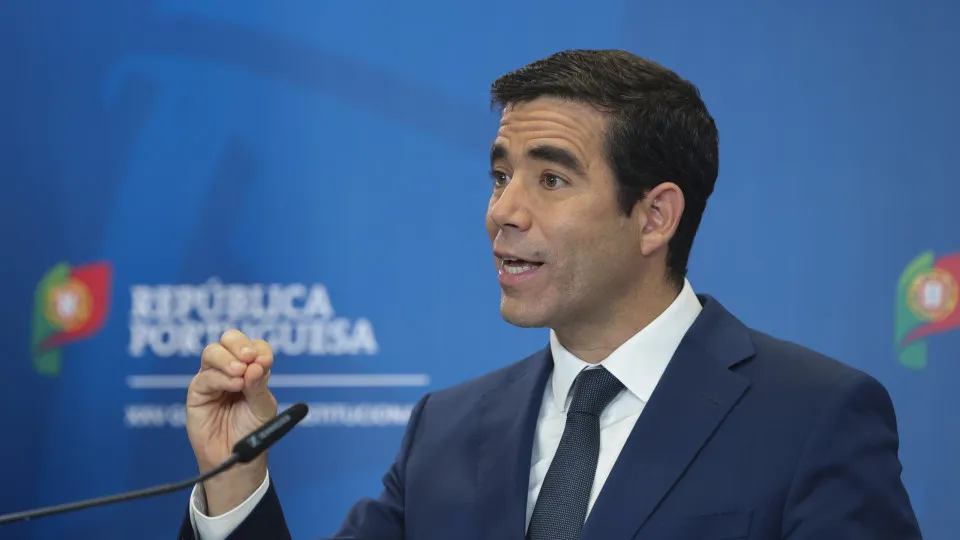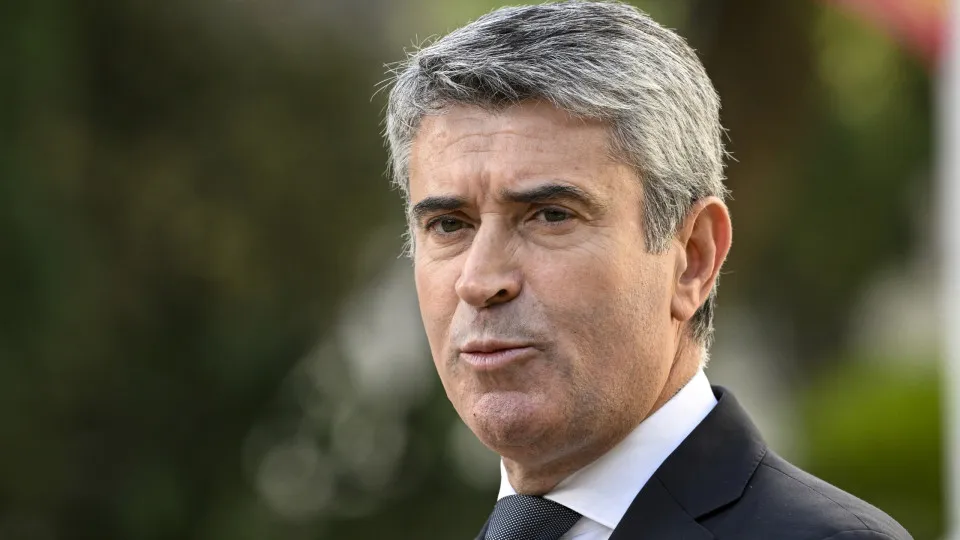
In statements made during a teachers’ protest organized by the National Federation of Teachers (Fenprof) in front of the new government headquarters in Lisbon, Tiago Oliveira asserted that the more the draft bill “Labor XXI” infringes on workers’ rights, the stronger the street response will be.
“If the government does not withdraw this proposal, if it does not decide to halt its presentation and discussion, the response from CGTP and the workers will be proportional to the ongoing attack,” Oliveira guaranteed.
When questioned about what an intensification of the struggle would entail, the CGTP secretary-general clarified that a general strike could be considered.
“We held a major protest on September 20. A significant national march is already scheduled for November 8 in Lisbon. As CGTP has stated from the beginning, no level of struggle is off the table; everything is up for discussion. If the government continues to pursue this project, a general strike is being considered,” he said.
“We have repeatedly told the government: withdraw this proposal, back down. This proposal does not serve workers,” he insisted.
The proposed changes, which the government of Luís Montenegro (PSD/CDS-PP) presented to social partners on July 24, aim for a comprehensive review of labor legislation, covering areas from parental leave to flexible work, corporate training, and probation periods for work contracts.
Another change involves broadening the sectors required to maintain minimum services during strikes, a move CGTP opposes, perceiving it as an attack on union rights.
“If we understand these two key issues—restricting union access to workplaces and simultaneously attacking the right to strike—we can discern the government’s objective: to attack workers’ rights while attempting to limit unions’ intervention, workers’ organization, and their means of struggle by targeting the right to strike,” he reacted.
Tiago Oliveira states that the package includes “a set of 100 measures, all deeply punitive to the labor world,” based on four or five problematic points that he believes workers need to be “alert” about.
One example given was the “normalization of precarious employment,” suggesting that young people entering the labor market today could face a lifelong precarious employment status.
Other problematic points raised by the union include “work schedule deregulation with the implementation of the individual hours bank,” “easier dismissals,” reduced dismissal costs, and the “attack on collective bargaining.”
When asked about what the government’s proposal endangers regarding the right to strike in schools, Tiago Oliveira claimed that, in everyday operations, “many of our institutions,” not just in education, “already function daily with minimum services.” “We lack teachers, assistants, doctors, nurses, operational assistants,” he enumerated.
Present at the teachers’ protest were presidential candidate António Filipe, the secretary-general of the PCP, Paulo Raimundo, parliamentary leader Paula Sá, as well as former deputy Fabian Figueiredo, a member of the Political Committee of the Left Bloc.




